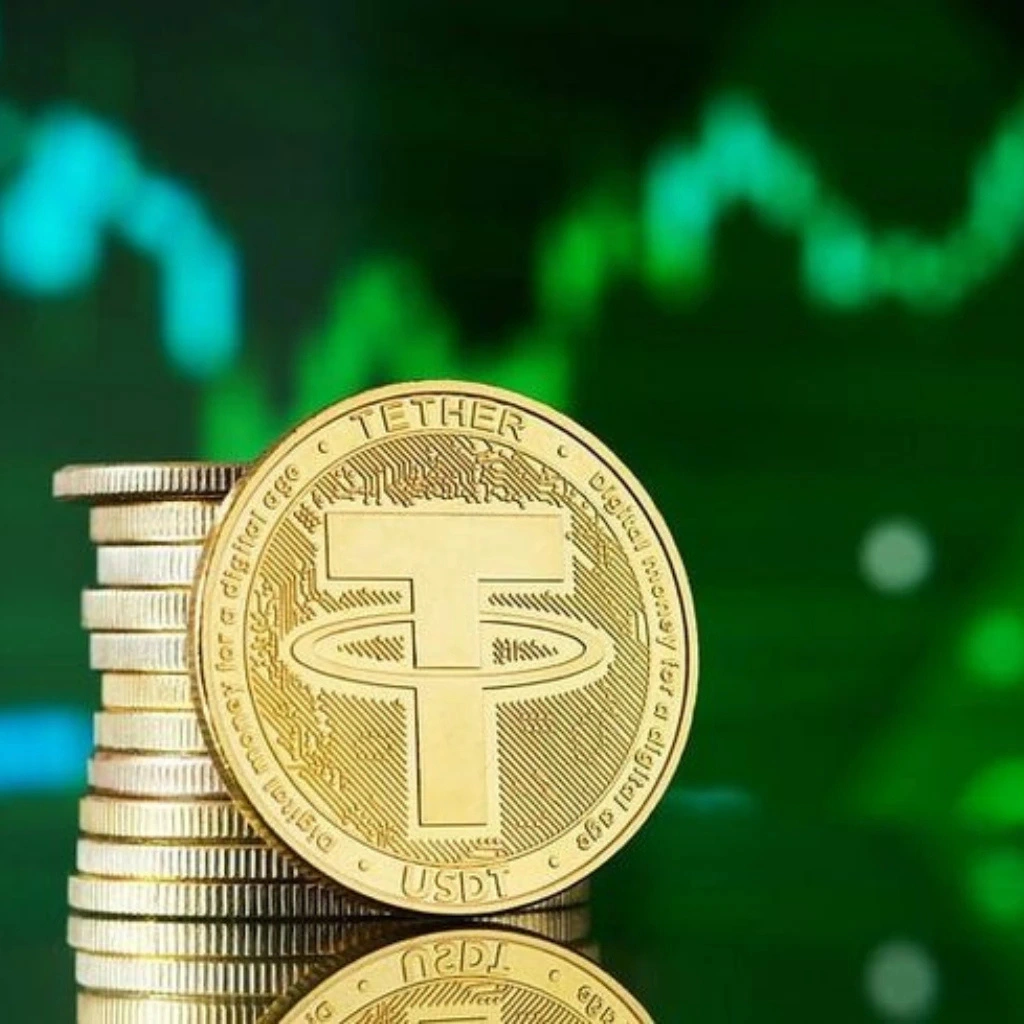Places to Use USDT in Malaysia: Where Crypto Is Gaining Real-World Utility
October 13, 2024

KUALA LUMPUR, May 13 – Places to Use USDT in Malaysia: Once seen as speculative assets, cryptocurrencies like Tether (USDT) are slowly transitioning into tools for everyday transactions in Malaysia. While adoption is still in its early stages, a number of local businesses and digital platforms are now offering options for consumers to spend stablecoins.
The question of where can you spend USDT in Malaysia has long hovered over crypto holders who want more than just portfolio tracking. Today, those holding USDT may find increasing opportunities to put their digital currency to practical use—from cafés to e-government services.
Places to Use USDT in Malaysia: Cafés and Eateries Begin to Experiment with USDT


Food outlets in major cities such as Kuala Lumpur and Penang have emerged as early adopters. Independent cafés, including The Hungry Tapir and RGB Coffee at the Bean Hive, are known to explore crypto payments through third-party platforms like XanPay or Binance Pay.
Though not yet a consistent offering, several merchants confirm that crypto payment options are available upon request. Some food delivery services have also begun integrating USDT payment functionality via selected wallet partners.
While widespread acceptance across the food and beverage sector remains limited, industry observers say that curiosity is rising, particularly among younger entrepreneurs catering to digitally savvy consumers.
Places to Use USDT in Malaysia: Retailers and Online Marketplaces Show Early Adoption


Some retailers, especially in the tech and electronics space, have begun to accept cryptocurrency payments, including USDT. A few shops in the Klang Valley area, for example, allow payment for refurbished devices, peripherals, and accessories through crypto-enabled POS systems or wallet-based transactions.
Online, the government-linked MyEG Services Berhad recently enabled cryptocurrency payments for certain services via a partnership with PayHalal, allowing USDT transactions for things like road tax renewals and insurance.
“This is a significant step,” says digital finance consultant Arif Ramli. “It shows that institutional players are warming up to blockchain solutions—even if it’s happening quietly in the background.”
Travel and Lifestyle Businesses Join the Movement


Travel agencies, such as TripZilla Malaysia, and smaller Airbnb-style accommodation providers have reported accepting USDT as payment. In most cases, transactions are facilitated by middle-layer services that handle currency conversion and compliance.
Digital services such as event ticketing, VPNs, and freelance-based platforms are among the most receptive to crypto payments. These sectors tend to have lower friction for crypto integration due to their online-native nature.
“Many Malaysians are using USDT for cross-border services,” says one fintech entrepreneur who requested anonymity. “It’s often more efficient than fiat in certain cases—especially for digital freelancers.”
Peer-to-Peer USDT Usage on the Rise
Perhaps the most active use of USDT is in informal peer-to-peer (P2P) transactions. From secondhand sales to freelance gigs, Malaysian Telegram groups, Discord servers, and forums like Lowyat.NET have seen an increase in users transacting with stablecoins.
Although not legally recognized as currency, these transactions are often carried out based on mutual trust and are especially common for higher-value transfers.
Regulators have advised caution, warning users to verify the credibility of parties involved and double-check wallet addresses to avoid irreversible errors.
Regulatory Perspective: Not Legal Tender, But Not Illegal
In Malaysia, cryptocurrencies like USDT are not recognized as legal tender. However, the Securities Commission Malaysia regulates certain digital asset exchanges, allowing them to operate under licensing frameworks.
This means businesses accepting USDT are not breaking the law—provided they adhere to proper reporting and conversion processes, especially when dealing with Malaysian ringgit.
Legal experts describe the regulatory stance as “permissive but cautious,” encouraging innovation while safeguarding against fraud, money laundering, and scams.
Crypto Spending in Malaysia: Still Niche, But Growing
In conclusion, places to use USDT in Malaysia are slowly emerging, especially in urban centers and tech-oriented industries. While the majority of day-to-day commerce still operates in ringgit, a small but notable ecosystem is forming around crypto transactions.
As more businesses seek to stand out or serve crypto-native customers, stablecoin spending could become a more regular part of Malaysia’s digital economy.
For now, usage remains a niche—yet promising—development in a space that’s constantly evolving.

